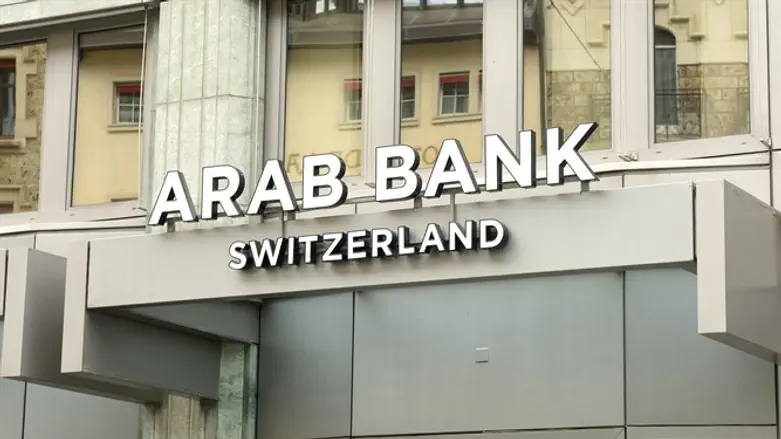
Victims of attacks in Israel cannot use an 18th century law to sue the Jordanian-based Arab Bank, the U.S. Supreme Court ruled on Tuesday in a precedent-setting case for other foreign businesses, according to the AFP news agency.
The decision rests on a legal provision almost 230 years old.
Plaintiffs accused Arab Bank of facilitating transfers to the Hamas terrorist organization. A majority of five conservative judges on the court outnumbered four others who dissented.
The Arab Bank was founded in Jerusalem in 1930 when Palestine was under the British Mandate, and now has more than 600 branches worldwide.
It plays a central role in areas controlled by the Palestinian Authority, where it works with major international development agencies.
The roughly 6,000 foreign claimants in the case included victims of terrorist attacks in Israel, primarily during the Second Intifada from 2000 to 2005.
They said the Bank contravened international laws by allowing financial transfers aimed at funding the violence to be made to accounts held by Hamas leaders.
The plaintiffs based their action on the Alien Tort Statute (ATS) of 1789, which was adopted following an altercation some five years earlier in which a French diplomat was assaulted by a French national in the U.S.
The statute was largely dormant for nearly 200 years before reemerging onto the legal scene. Various legal actions were begun against foreign dictators and multinational corporations implicated in cases outside U.S. territory.
The judges on Tuesday, worried over the risk of diplomatic tensions, refused to extend application of the ATS to multinationals with no link to the United States.
"The Court holds that foreign corporations may not be defendants in suits brought under the ATS," Justice Anthony Kennedy wrote for the majority.
He said it is up to Congress to revise the law if it sees fit.
In a dissent, Justice Sonia Sotomayor said the majority ruling "absolves corporations from responsibility under the ATS for conscience-shocking behavior" and human rights violations.
In September 2014, a federal jury found Arab Bank liable for providing material support to Hamas in two dozen attacks attributed to the terrorist group. Nearly 300 Americans who were either victims or related to victims of the attacks, between 2001-2004, were plaintiffs in the suit.
The ruling was appealed, but in May 2015, a District Court decided to uphold the verdict due to an overwhelming amount of evidence against the company.